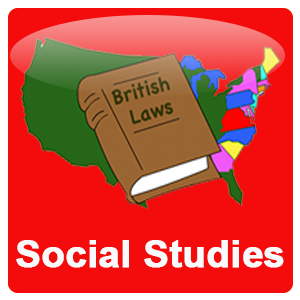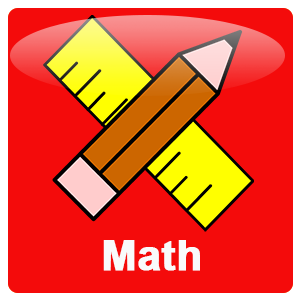Number and Number Sense
2.1 The student will
read, write, and identify the place and value of each digit in a three-digit numeral, with and without models;
identify the number that is 10 more, 10 less, 100 more, and 100 less than a given number up to 999;
compare and order whole numbers between 0 and 999; and
round two-digit numbers to the nearest ten.
2.2 The student will
count forward by twos, fives, and tens to 120, starting at various multiples of 2, 5, or 10;
count backward by tens from 120; and
use objects to determine whether a number is even or odd.
2.3 The student will
count and identify the ordinal positions first through twentieth, using an ordered set of objects; and
write the ordinal numbers 1st through 20th.
2.4 The student will
a) name and write fractions represented by a set, region, or length model for halves, fourths, eighths, thirds, and sixths;
b) represent fractional parts with models and with symbols; and
c) compare the unit fractions for halves, fourths, eighths, thirds, and sixths, with models.
Computation and Estimation
2.5 The student will
recognize and use the relationships between addition and subtraction to solve single-step practical problems, with whole numbers to 20; and
demonstrate fluency with addition and subtraction within 20.
2.6 The student will
estimate sums and differences;
determine sums and differences, using various methods; and
create and solve single-step and two-step practical problems involving addition and subtraction.
Measurement and Geometry
2.7 The student will
a) count and compare a collection of pennies, nickels, dimes, and quarters whose total value is $2.00 or less; and
b) use the cent symbol, dollar symbol, and decimal point to write a value of money.
2.8 The student will estimate and measure
a) length to the nearest inch; and
weight to the nearest pound.
2.9 The student will tell time and write time to the nearest five minutes, using analog and digital clocks.
2.10 The student will
a) determine past and future days of the week; and
b) identify specific days and dates on a given calendar.
2.11 The student will read temperature to the nearest 10 degrees.
2.12 The student will
a) draw a line of symmetry in a figure; and
b) identify and create figures with at least one line of symmetry.
2.13 The student will identify, describe, compare, and contrast plane and solid figures (circles/spheres, squares/cubes, and rectangles/rectangular prisms).
Probability and Statistics
2.14 The student will use data from probability experiments to predict outcomes when the experiment is repeated.
2.15 The student will
collect, organize, and represent data in pictographs and bar graphs; and
read and interpret data represented in pictographs and bar graphs.
Patterns, Functions, and Algebra
2.16 The student will identify, describe, create, extend, and transfer patterns found in objects, pictures, and numbers.
2.17 The student will demonstrate an understanding of equality through the use of the equal symbol and the use of the not equal symbol.
Touch the buttons below to find cool and fun tools!



